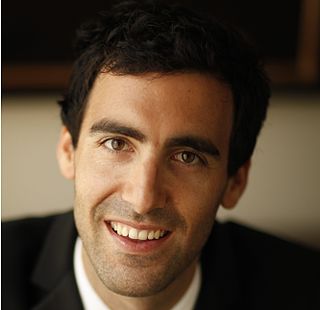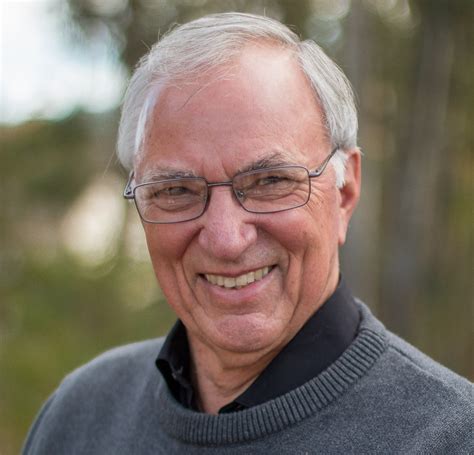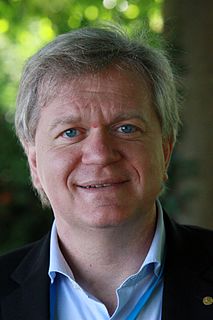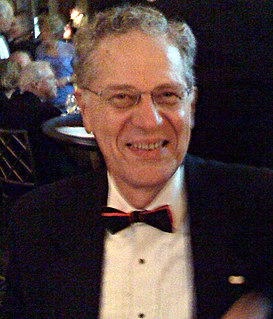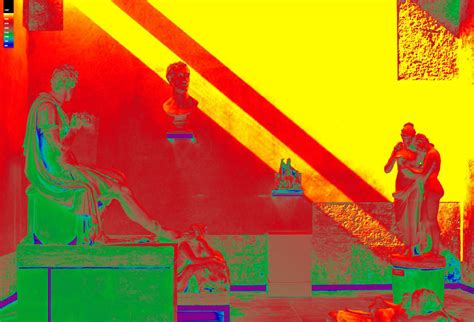A Quote by Neil deGrasse Tyson
Whenever people have used religious documents to make accurate predictions about our base knowledge of the physical world, they have been famously wrong.
Related Quotes
The fact that we have been able to develop a successful science, which issues in ever more accurate predictions and broader explanations, is the real ground for confidence that we are in a position to gain knowledge of the world around us. At the same time, one might ask how it is that the cognitive equipment we have came about, and here, no doubt, our evolutionary origins are relevant.
I have been a biologist for a long time, and I hope I never stop getting shivers in my spine when I think about the beauty of how we come to know things in biology. Biologists make predictions, then they go out into the field or the lab to see if their predictions hold up. When hundreds of predictions of this sort are fulfilled, a theory reaches the point where it becomes certain, at least on a broad level. And that is where we are with evolution.
Someone who has thought rationally and deeply about how the body works is likely to arrive at better ideas about how to be healthy than someone who has followed a hunch. Medicine presupposes a hierarchy between the confusion the layperson will be in about what is wrong with him, and the more accurate knowledge available to doctors reasoning logically. At the heart of Epicureanism is the thought that we are as bad at answering the question "What will make me happy?" as "What will make me healthy?" Our souls do not spell out their troubles.
Whenever you're trying to do a film in a genuine historical period, you do have to make sure that you get as much historically accurate as you possibly can because there are thousands of people who are wildly interested in the Civil War. If we get anything wrong, there is no doubt that we're going to hear from them.


